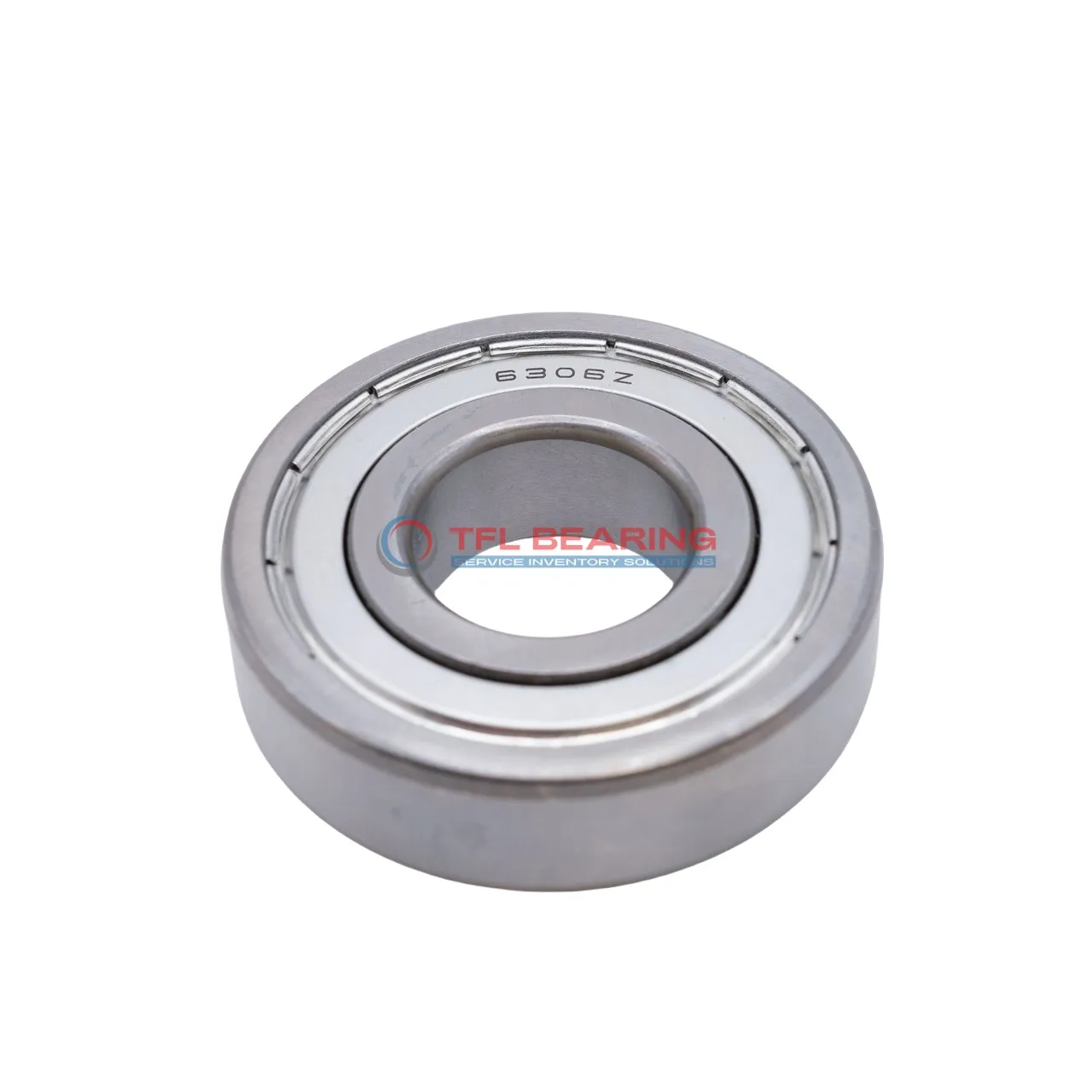
The R1810zz is a compact inch-sized ball bearing, measuring 0.3125″×0.5″×0.1562″, crafted from durable chrome steel. It supports radial loads up to 104 lbf and spins smoothly at speeds up to 40,000 RPM.
Its shielded design keeps dust out while the stainless steel cage ensures reliable performance. The bearing requires lubrication and operates in temperatures from -86°F to 230°F.
With 12 balls and ABEC1 tolerance, it offers smooth rotation for precision applications. Ideal for small machinery, hobby projects, or devices needing quiet, efficient movement.
Weighing just 1.57g, it’s lightweight yet sturdy. Compliant with RoHS and REACH standards for safe use.
"*" indicates required fields
Why Choose R1810zz Bearing for Precision Tasks?
R1810zz Bearing features a shielded design with stainless steel shields, protecting against dust and debris.
Its chrome steel construction ensures smooth operation, even at high speeds up to 40,000 rpm.
The ABEC1 tolerance class guarantees consistent performance for precision applications.
With a dynamic radial load capacity of 104 lbf, it handles demanding tasks with ease.
R1810zz Bearing operates in temperatures from -86 to 230 °F, making it versatile for various environments.
Its compact size and lightweight design at 1.57 g make it ideal for miniature applications.
Where Is R1810zz Bearing Used?
R1810zz Bearing is commonly used in small electric motors, where its shielded design helps keep dust and debris out while maintaining smooth rotation. The inch sizing makes it a good fit for various North American and UK-based equipment.
In robotics, R1810zz Bearing provides reliable support for joints and pivots, thanks to its compact size and durable chrome steel construction. Its high-speed capability also suits applications like drone motors.
For consumer electronics, R1810zz Bearing works well in devices like printers and small fans, where low noise and consistent performance are key. The stainless steel cage adds longevity, even with frequent use.
In medical devices, R1810zz Bearing’s precision helps ensure accurate movement in instruments like dental tools or lab equipment. The temperature range allows it to handle both sterilization and routine operation.
"*" indicates required fields